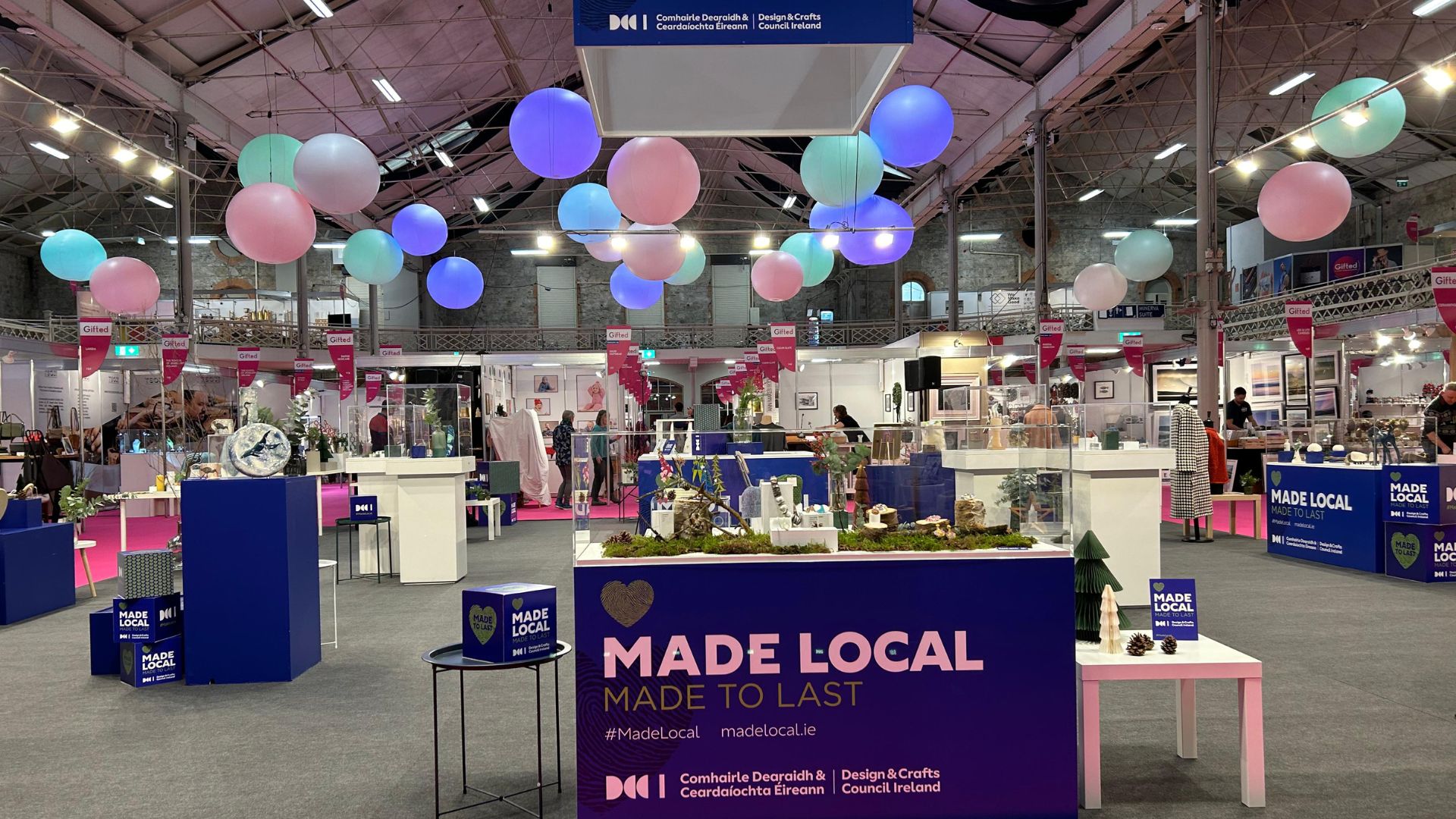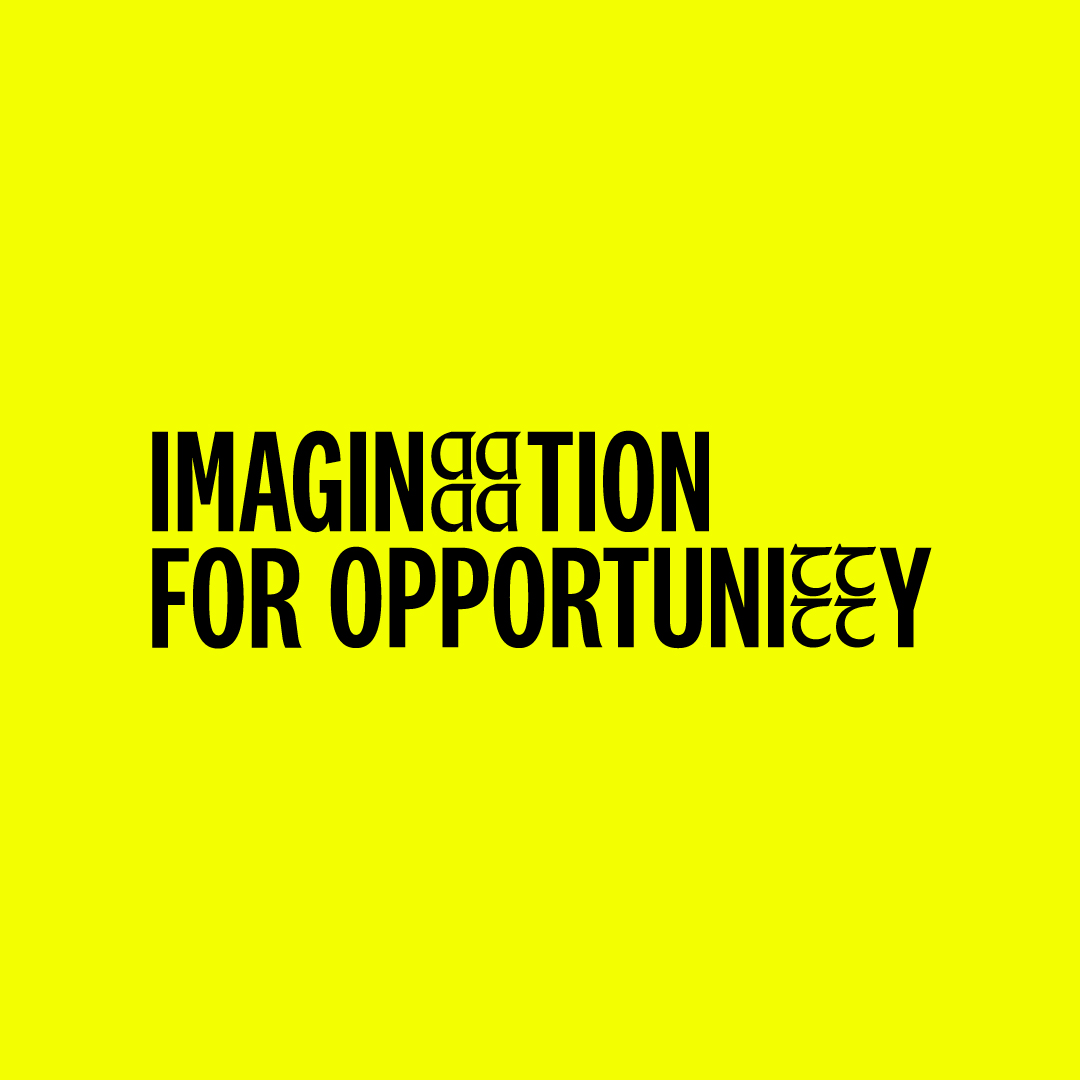Today, the Commission adopts a Communication setting out the concept of the New European Bauhaus. This includes a number of policy actions and funding possibilities. The project aims at accelerating the transformation of various economic sectors such as construction and textiles in order to provide access to all citizens to goods that are circular and less carbon intensive.
The New European Bauhaus brings a cultural and creative dimension to the European Green Deal, aiming to demonstrate how sustainable innovation offers tangible, positive experiences in our daily life.
For the funding, there will be about €85 million dedicated to New European Bauhaus projects from EU programmes in 2021 – 2022. Many other EU programmes will integrate the New European Bauhaus as an element of context or priority without a predefined dedicated budget.
Funding will come from different EU programmes including the Horizon Europe programme for research and innovation (notably the Horizon Europe missions), the LIFE programme for the environment and climate action and the European Regional Development Fund. In addition, the Commission will invite the Member States to use the New European Bauhaus core values in their strategies for territorial and socio-economic development, and mobilise the relevant parts of their recovery and resilience plans, as well as the programmes under cohesion policy to build a better future for everyone.
The Commission will establish a New European Bauhaus Lab: a ‘think and do tank’ to co-create, prototype and test new tools, solutions and policy recommendations. The Lab will continue the movement’s collaborative spirit that brings together different walks of life and reaches out to society, industry and politics to connect people and find new ways of creating together.
The Communication is inspired by the input received during the co-design phase that ran from January to July where the Commission received over 2000 contributions from all over Europe and beyond.
Fostering a growing movement
In January 2021, the New European Bauhaus co-design phase was launched to identify and think about aesthetical, sustainable and inclusive solutions for our living spaces and help deliver on the European Green Deal. The first part of the development called on everyone to join a conversation to rethink the way we live together. These exchanges fed into the New European Bauhaus communication adopted today.
Co-creation will remain essential, and it will evolve in the light of the first concrete results, through assessments and reviews. Therefore, the Commission will further deepen the work with the growing New European Bauhaus Community of committed individuals, organisations and authorities.
The movement also takes inspiration from existing beautiful, sustainable and inclusive places and projects in Europe. The first New European Bauhaus Prizes celebrate these achievements, awarding prizes across ten categories, from ‘products and lifestyle’, to ‘reinvented places to meet and share’. The ‘New European Bauhaus Rising Stars’ strand, open exclusively to under-30s, supports and encourages the younger generation to continue developing new ideas and exciting concepts. Winners will receive their prizes at a prize ceremony on 16 September.
Members of the College said:
President Ursula von der Leyen said:
“The New European Bauhaus combines the big vision of the European Green Deal with tangible change on the ground. Change that improves our daily life and that people can touch and feel – in buildings, in public spaces, but also in fashion or furniture. The New European Bauhaus aims at creating a new lifestyle that matches sustainability with good design, that needs less carbon and that is inclusive and affordable for all.”
Commissioner for Innovation, Research, Culture, Education and Youth, Mariya Gabriel, said: “By bridging science and innovation with art and culture, and taking a holistic approach, the New European Bauhaus will create solutions that are not only sustainable and innovative, but also accessible, affordable, and life-enhancing for us all”.
Commissioner for Cohesion and Reforms, Elisa Ferreira, said: “Through its transdisciplinary and participatory approach, the New European Bauhaus reinforces the role of local and regional communities, industries, innovators and creative minds that work together to improve our quality of life. Cohesion policy will transform new ideas into action at the local level”.
For more information visit europa.eu
For further information, please contact [email protected]



